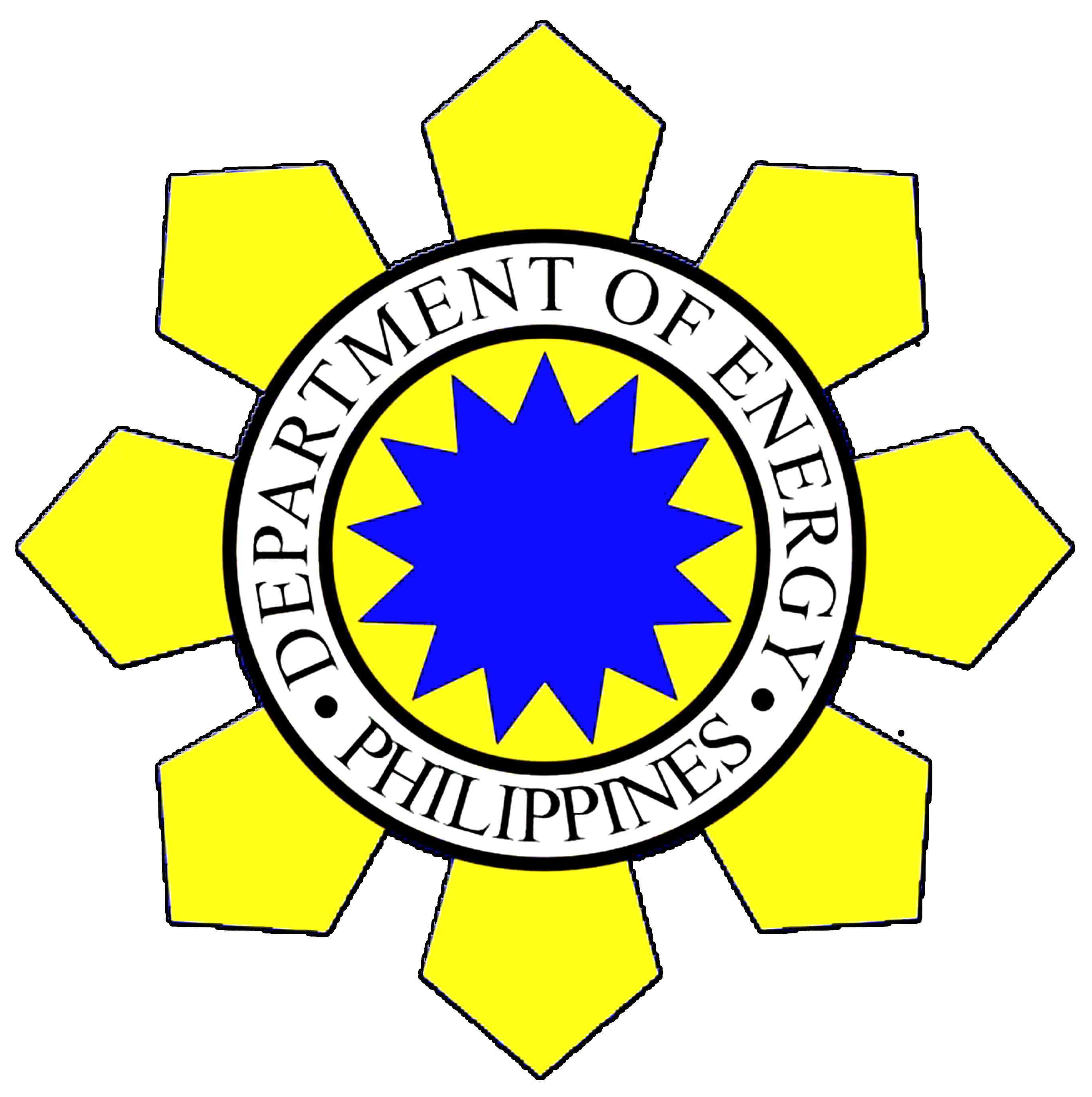DOE eyes $4.4 billion worth of investments from Korean firms
- June 8, 2018
- 0

DOE Secretary Alfonso Cusi accompanied President Duterte in his official visit to the Republic of Korea and received letters of intent (LOIs) concerning possible development projects including a 100-megawatt (MW) modular nuclear power plant in the Cagayan Economic Zone Authority.
Korean firms SK Engineering & Construction, Sy Enc Co. Ltd., BKS Energy Industry Ltd., and SK E&S were the firms who submitted the LOIs to Cusi during the Philippines-Korea Business Forum and Luncheon hosted by the Korean Business Community,.
SK Engineering & Construction pitched a coal-fired power plant development and plans to expand its operations amounting to more than $2-billion in Quezon province.
The power project in Quezon is expected to create at least 3,000 jobs per year during the construction period, and a total of 600 jobs per year during its operations.
Meanwhile, renewable energy firm SY Enc Co. Sy Enc Co. proposed a wind power generation project amounting to over $255 million, which is projected to generate 10,000 jobs.
BKS Energy Industry Ltd. is looking to invest $500 million for its proposed solar power generation project, which is seen to generate approximately 1,000 jobs per year..
SK E&S submitted a proposal to build a liquefied natural gas (LNG) terminal hub.The company is planning to invest $1.6 billion, which they projected to generate 2,200 jobs during the construction period
The DOE is looking to begin construction of the country’s LNG hub mid-2019. It aims to become an LNG hub for Asia, like the ones in Japan and Singapore.
The LNG hub is anticipated to safeguard the predicted depletion of Malampaya gas facility in 2024 which supports 3,000 MW of gas-fired power plants.
DOE secretary and other members of the department also held a separate meeting with officials of Korea Hydro & Nuclear Power to discuss possible nuclear power investments.
“During the discussions, DOE and KHNP explored energy cooperation endeavors, including the possibility of conducting a feasibility study on the establishment of a small, 100-MW modular reactor in the Cagayan Economic Zone Authority,” the DOE said.
Cusi previously said that the use of nuclear power remains to be a viable long-term energy option for the Philippines based on the outcome of a technical cooperation with International Atomic Energy Agency (IAEA).
In April, the DOE submitted a proposed national policy on nuclear energy to President Duterte for approval. The proposed national policy included the use of the mothballed Bataan Nuclear Power Plant (BNPP) and the development of modular nuclear power plants across the country.
The Philippines, through the Nuclear Energy Program Implementing Organization (NEPIO), has been conducting a study for the country’s nuclear program, which include putting up a nuclear modular reactor in other provinces.